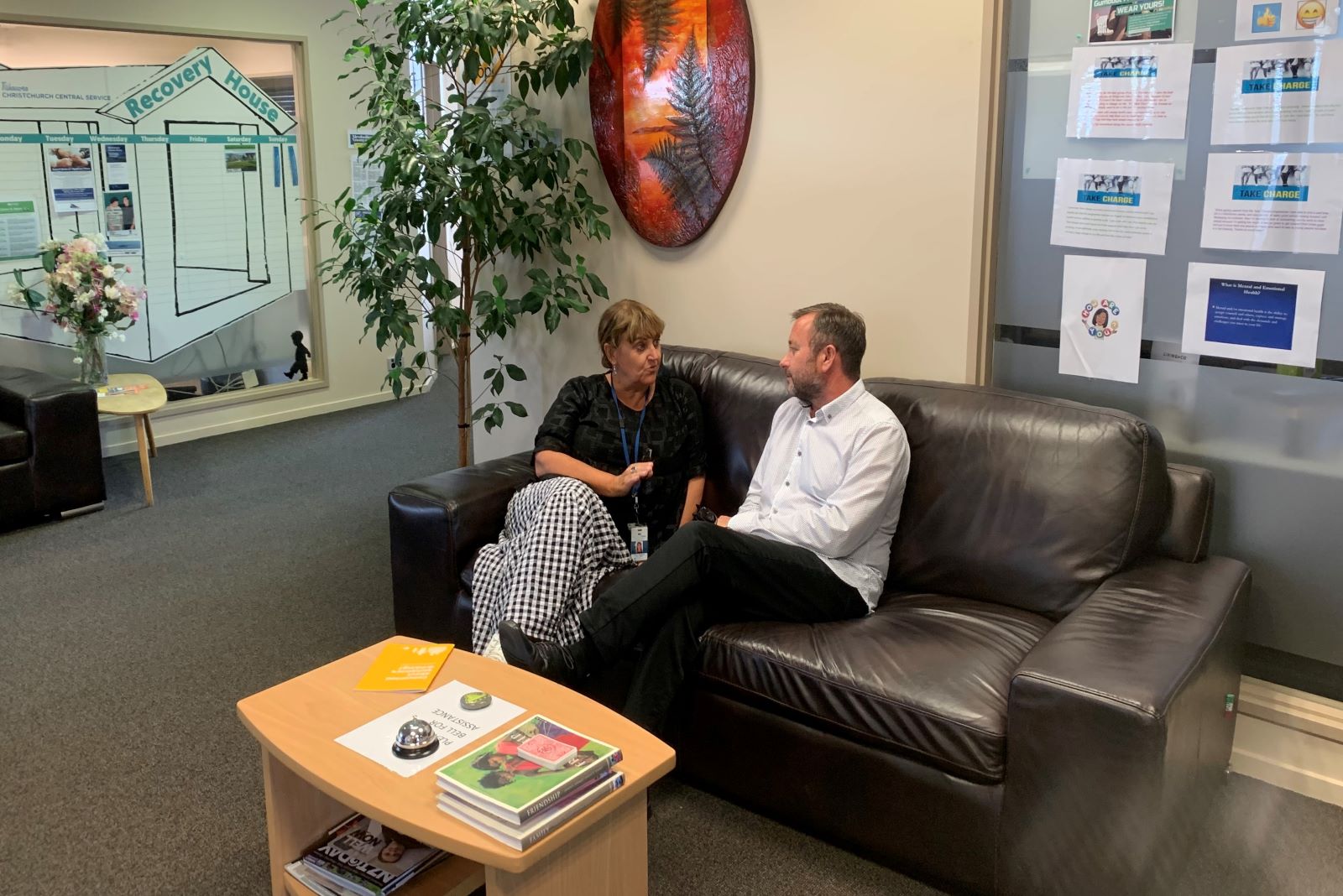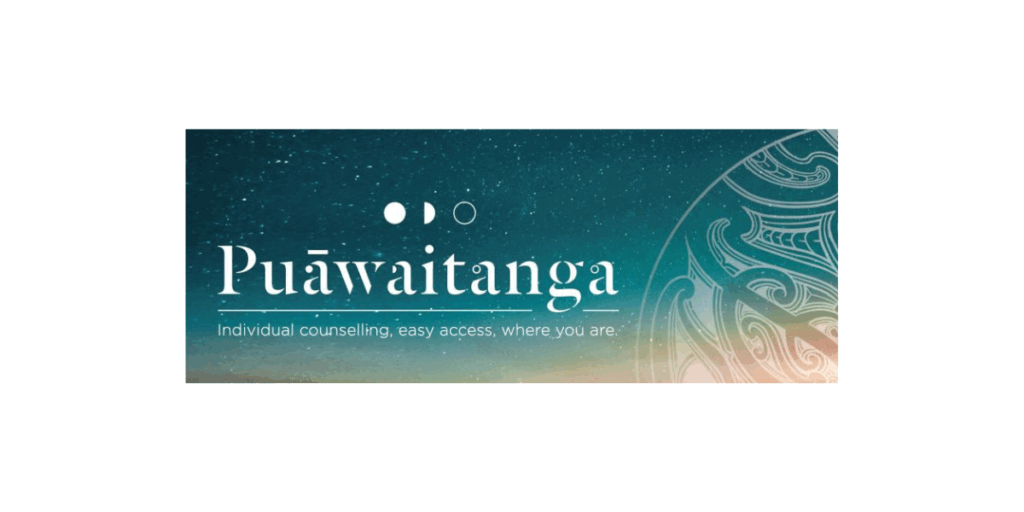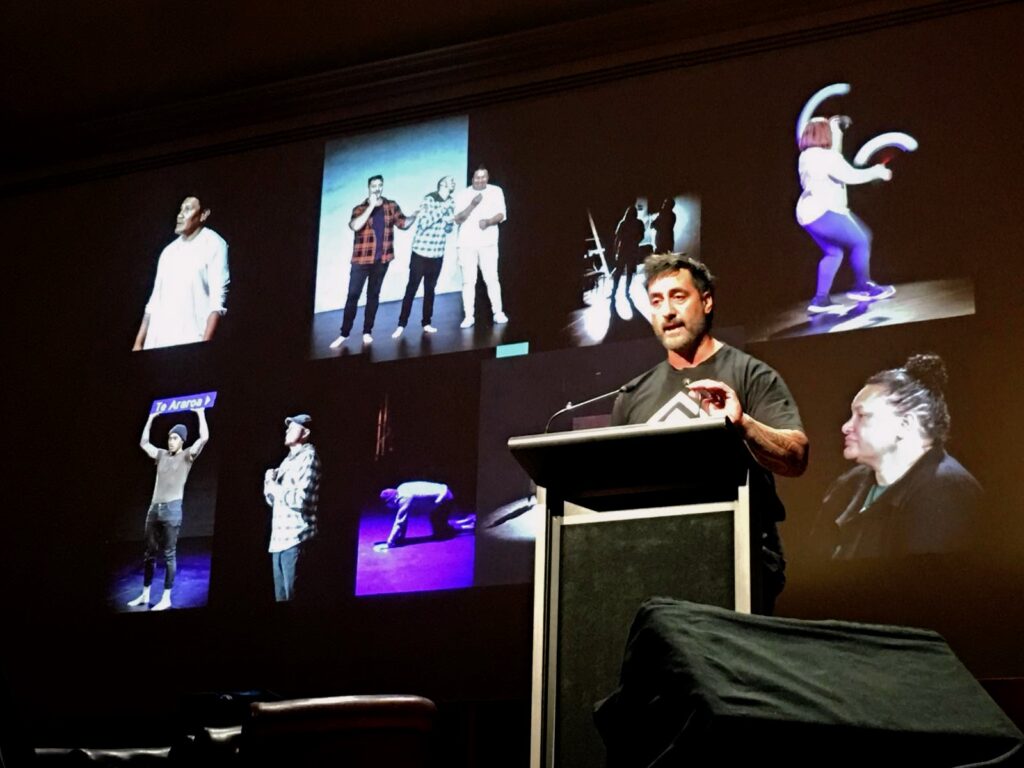Making a real difference – ‘one stop shop’ collaboration in Christchurch Addiction Services
Published:
July 31, 2024

In Christchurch He Waka Tapu, Odyssey, the City Mission, Nova Trust, Familial Trust, Salvation Army, and Canterbury DHB have created a ‘one stop shop’ model of care that supports seamless access and a range of options for people with addiction problems.
Housed in one building, the services work together to provide a gateway to a range of treatment and support options. There is immediate response to referrals that includes screening and support to the most appropriate option. Information is shared between providers with tāngata whai ora consent to reduce duplication and support consistent approaches. Tangata whai ora are linked with a peer support to guide and support them on their journey, coupled with immediate access to open support groups.
There is a collective approach from the teams to provide people with the right intervention by the right people. Screening, engagement, peer support, brief interventions, groups, navigation and after care are all elements of what is on offer. Services are responsive and have their roots in the community with an outreach approach. A range of groups are accessible in person or online including support group ‘zoom till noon’, an ‘afternoon on the couch’ for methamphetamine support, a whānau/family support group and a problem gambling group.
Key features of the model include:
- An integrated and joined up AOD continuum, including SACAT pathway
- Providing an easily identified and streamlined central access point for AOD intervention so that people know where to go for support.
- Immediate access and support for all help seekers, including support if waiting times exist for specific interventions
- Matching the right type of intervention and response required to the needs and perspective of the tangata whai ora and their whānau/family
- Supporting tangata whai ora and whānau/family to have choices, navigate options and pathways, services, and social supports as seamlessly and efficiently as possible
- Effectively and efficiently utilising the range and level of specialist expertise available in AOD agencies to reflect the diverse range of presenting needs
- The utilisation of data collation to identify trends/gaps future service design
- Optimise the collaborative use of the CCS centre resource through joint initiatives
- Collaborative development of service policy and procedures
- Contribute resource to CCS as agreed with each individual organisation
- Community education and information about the nature of alcohol and other drug problems, the intervention process, and available services to ensure timely access to services and appropriate referrals are made
- Support to allied and primary health services to increase the level of screening, brief intervention, referral, and aftercare for tangata whai ora and their whānau/family
The team describe great working relationships that span across the continuum, and that by working together, people have better experiences of services, improved outcomes and do not get bumped between services or lost.
The team at Odyssey would like to acknowledge Tracey Fitzgerald for the content.
All future enquiries – please email chchaod@odysseychch.org.nz


